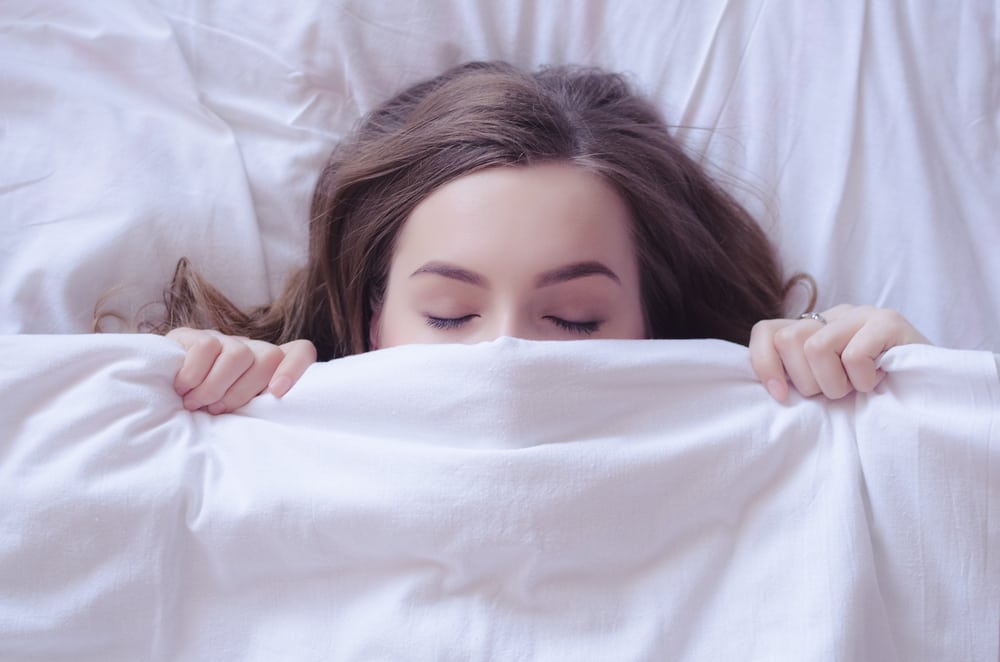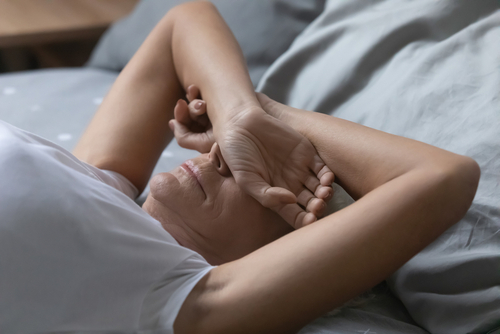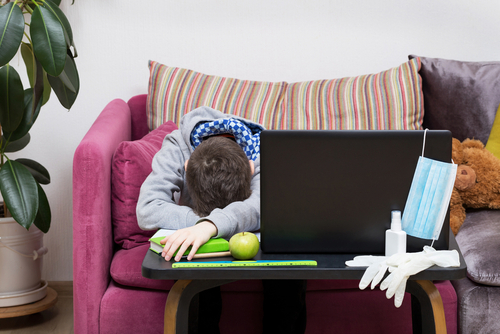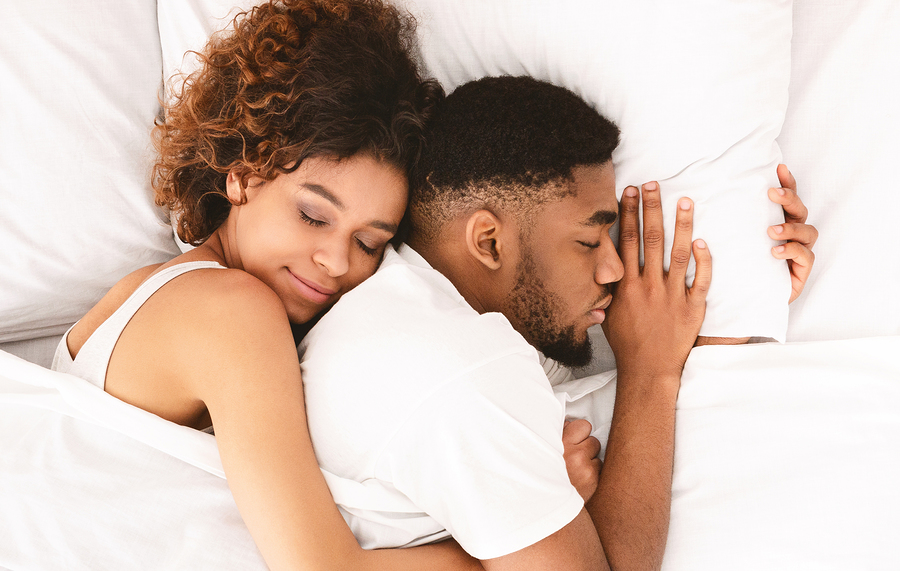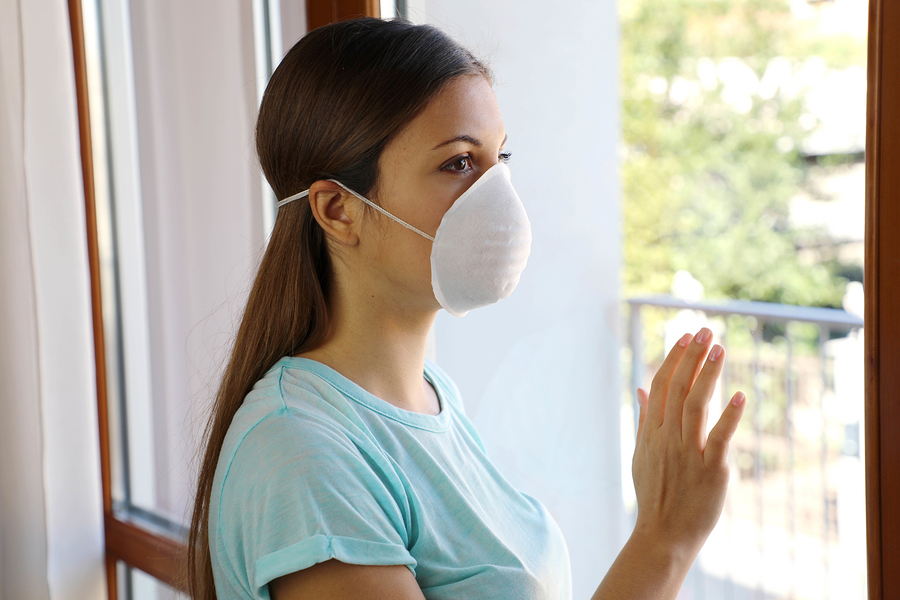Here are my ten morning tips for sleep success:
1) Keep regular hours
Set your alarm for the same wake time 7 days a week. Ideally we would have the same sleep time each night too. Keeping to a consistent sleep routine helps your biological clock or circadian rhythm and this in turn makes it easy to get to sleep quickly at night. However for those with mid-week work ( and social ) commitments getting to sleep at the same time every night this is not always possible, but it is still important to try to get to bed at the same time on the other nights of the week. If you have to catch up on an ad-hoc basis on sleep it’s better to have a short nap in the week day than to mess up your whole sleep cycle every weekend . Catching up on lost sleep in the week by getting up later at the weekends in fact creates an effect which is now termed ‘ social jet lag’ as it mimics the effects of jet lag travelling through different time zones. Jet leg itself has been shown to have a negative effect on the health of our gut bacteria which swap from good to bad. Having had their circadian rhythm affected to by the time changes too they then create a bacteria content in our gut biome which is similar to those found in patients with diabetes.
2) Sleep in cycles not hours.
It is now known that we sleep in 90 minute cycles .Each cycle starts with light sleep, then deep sleep and ends in Rapid eye movement ( REM) sleep when we dream before we go back into the next cycle. If we wake up in deep sleep part of sleep we end up feeling groggy. Therefore it is always best to try to get up at the end of a full sleep cycle. By tweaking your sleep time you should be able to get to a point when your alarm wakes you at the end of a full cycle
3) Get out of bed straight away. Don’t use the snooze button.
Most sleep specialists advise not to use the snooze button. Firstly it confuses the brain creating what is called sleep inertia. After the first alarm, your brain settles back down to sleep / snoozing . The second time the alarm goes off the brain is not sure whether you are going to wake up or not as the alarm signal is initially attached to a ‘snoozing state’. When you eventually get out of bed you more often feel fuzzy headed in a state of sleep inertia
4) Try to wake up without an alarm
Then once you have achieved the first three stages you will ideally be able to wake up refreshed every morning without the use of an alarm. Prehistorically we would have gone to bed and woken up roughly at the same time each day, with our circadian rhythm or body clock naturally set to work in this way. In a perfect world we would therefore wake up without the use of an alarm and this remains best practice as far as sleep hygiene is concerned. .
4) Make it as light as possible
Once you are awake let sunlight into your bedroom straight away. This sends a signal to your brain and body to wake up, increasing your production of serotonin (the wake up and feel good hormone).
Sunlight also boosts cortisol production. Cortisol levels rise in the first half hour after you wake and signal to the body to become more alert. Sunlight has another benefit in that it helps us to produce vitamin D, with a strong link between vitamin D deficiency and daytime sleepiness.
Getting daylight first thing makes it easier to get to sleep at night as is strengthens our circadian rhythm
5) Short morning meditation to set up each day
I meditate first thing in the morning as it helps centre me for my day ahead. It reminds me of my goal which is to enjoy my day and to take regular breaks in order to make sure I look after my health ( which I have not always done as a matter or course) . I use an adaptation of the ‘Serenity Prayer’, focusing on remaining centred through the day and to have the ability to accept anything that I cannot change , to focus on the things that I can change and influence directly, and with aim to let go of stress by knowing the difference between the two . This seems to keep any problems in the day and right sized and as a result when I get to the end of the day I am more likely to have accumulated less stress from the tasks and deadlines which seemingly stack up which could have never been achieved in 24 hours anyway
6) Eat a good breakfast
Prehistorically we would have tended to fast in the dark and eat in the daylight, with ‘breakfast’ literally the time we broke our nightly fast. In fact, we have a body food clock that is linked to our sleep clock in our brains. Ideally we should have breakfast within 30 minutes of waking.
Breakfast is potentially the most important meal of the day in terms of its timing. It provides us with energy for the day ahead, and keeps our first meal in sync with our sleep cycle. High fibre intake has been found to be associated with deeper restorative sleep Porridge oats therefore are a great meal for breakfast. Protein (scrambled eggs and avocado) is also a good way to start the day as it takes longer to digest and keeps us feeling fuller for the morning.
7) Drink water and not coffee or tea with your breakfast ,
We all lose water over night through sweat and therefore wake up de-hydrated. Water is by far the best drink to have first thing as it instantly hydrates you. You can then maintain this hydration through the day which aids good sleep. Tea and coffee however, are diuretics which encourage you to lose water through urination . What’s more if you drink caffeine first thing you are putting a pick me up on top of your natural cortisol production which is already working to wake you up its own right. Reserve your caffeine intake for one hour later to give you the ideal mid-morning boost. Then stop caffeine intake after lunch to prevent it keeping you awake at night.
8) Get outside and exercise in the morning
Exercising outdoors in the morning is the perfect start to the day as it improves your sleep quality and quantity, boosts your daily intake of sunlight and keeps you fit at the same time.
If you don’t want to exercise first thing try walking for at least 15 minutes in the morning. Apart from a host of wonderful health benefits, including increasing endorphins and serotonin (the feel good hormone), morning exercise usually makes it easier to fall asleep and improves your quality and quantity of sleep. Vigorous exercise is regarded as best for sleep, and as little as 20- 30 minutes of activity helps, but if you don’t fancy this walk outside for 15 minutes every morning instead.
9) The Curse of Technology
With weekly articles in newspapers about how much sleep we are all losing, and the affects it is having on our long term health, and our happiness and ability to perform in the day, it seems at times that we are sleep walking in to a world-wide sleep crisis. Tracing back, this seems to have gathered pace as our use of technology and not least our mobile phone has been incorporated into all aspects of our life, and typically as an alarm in our bedroom. Catch up on social media and texts in your bed before sleep if you must, but then put your phone outside of your bedroom to charge over-night. Rather than use your mobile as your alarm clock, get yourself a dawn simulator alarm instead which is a gentle alarm, awakening you cleverly with light and allows you to avoid your phone until after breakfast . Then check your emails on the way to work rather than in your own time …


